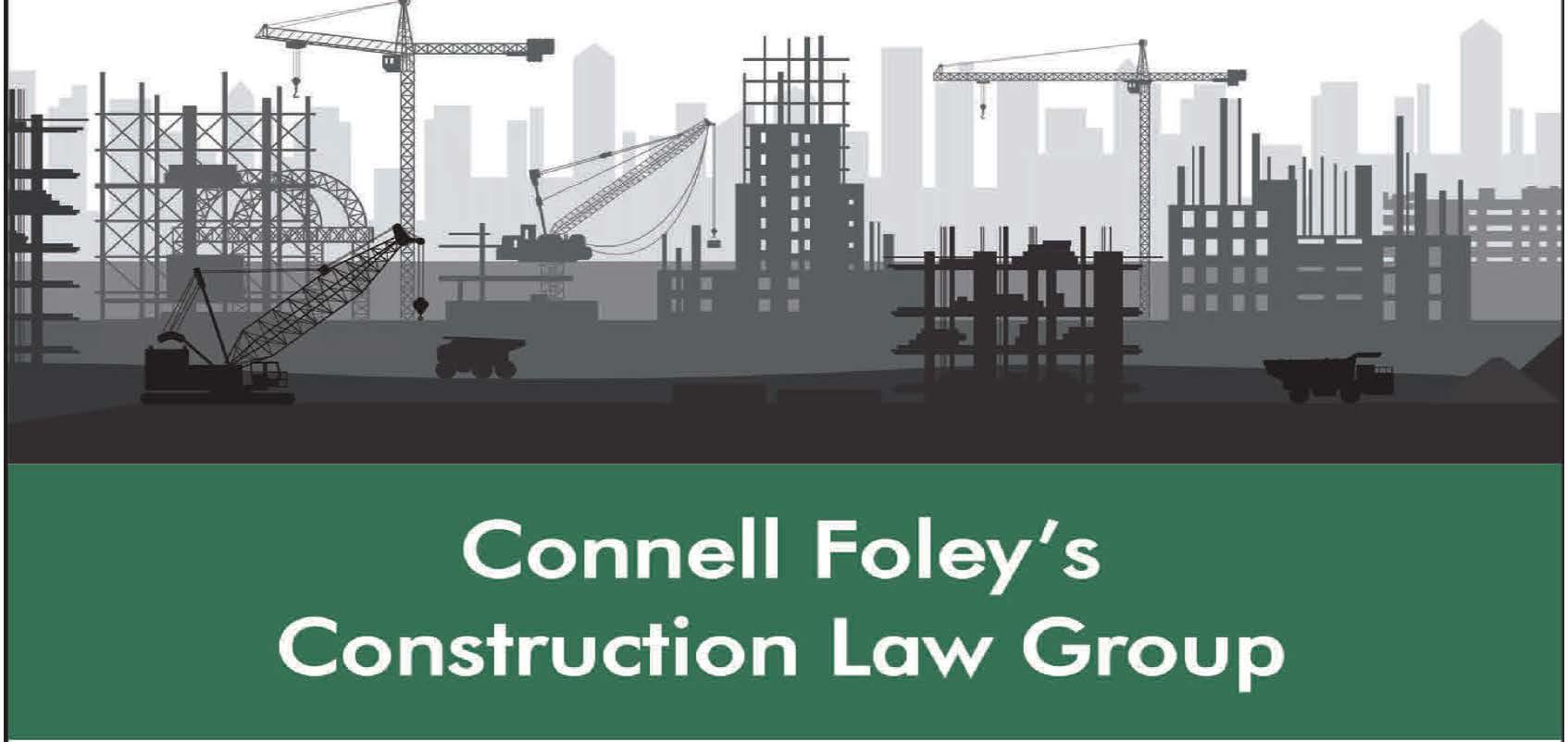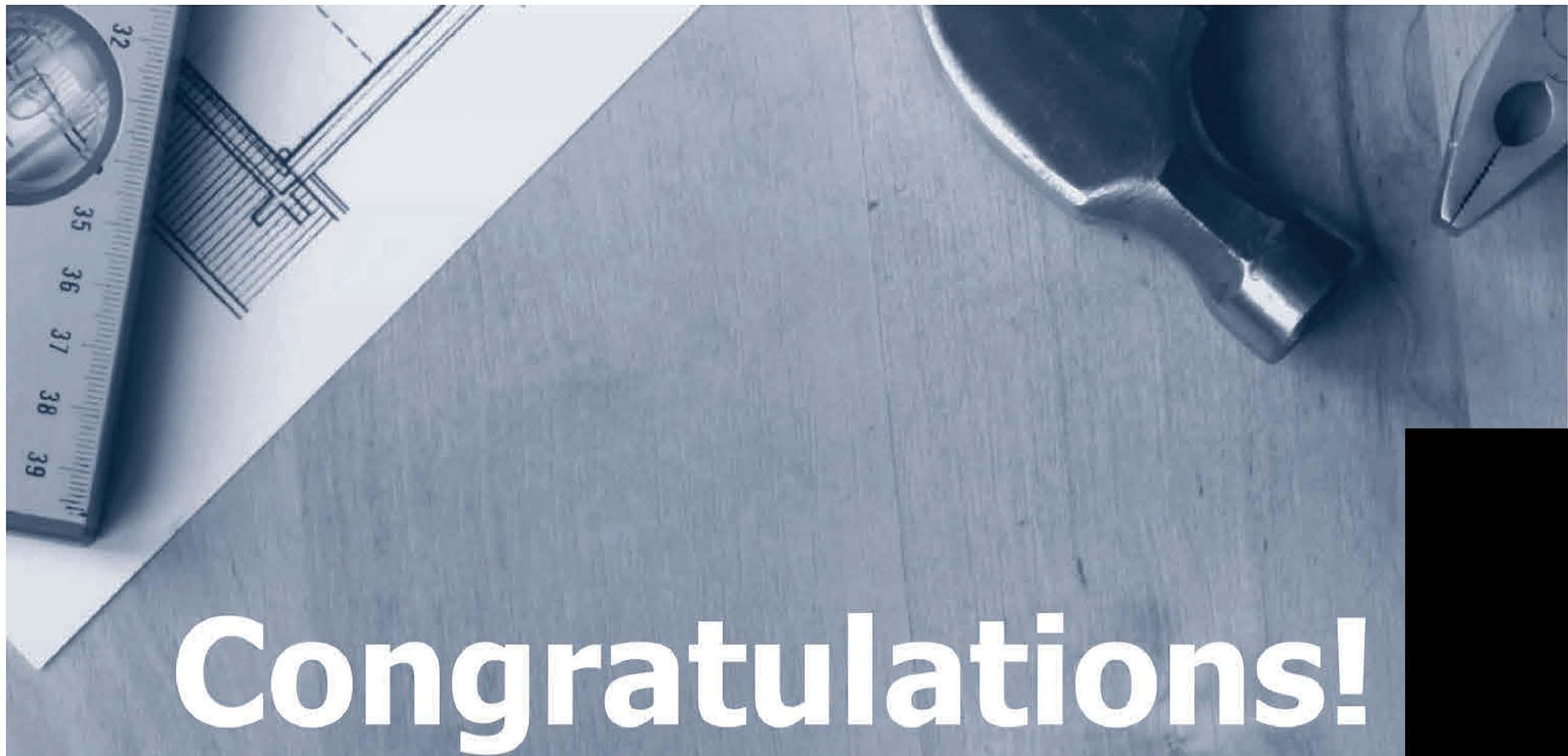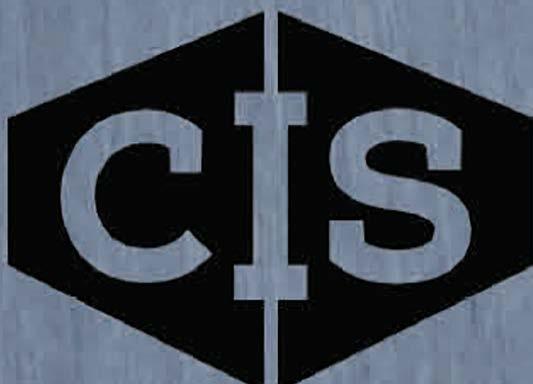
9 minute read
level-funded medical programs
PIPE CLEANING, LLC

• Jet Vac cleaning of 6" to 72" pipe lines and box culverts • Digital TV inspections of storm and sanitary lines from 4" to 72" including service laterals. This service can also include a DVD and comprehensive computer generated report. • Air and Mandrel testing for sanitary sewer systems • Water pressure testing for water distribution systems • Manhole vacuum testing • Catch basin and manhole cleaning • Storm water quality system maintenance • Hydro and vacuum excavation • Hydro excavation test pits in order to locate existing utilities without conventional digging • Hydro Vac cleaning of silted rip rap aprons and storm water spillways • Interior pipe repair We can provide the services you require to comply with New Jersey's storm water management regulations.



The construction industry is constantly changing and so are the legal challenges faced by owners, developers, design professionals, suppliers, sub-contractors and contractors.
Attorneys in Connell Foley's Construction Law Group have decades of practical experience finding solutions and identifying opportunities. We handle all types of construction disputes, from bid protests to construction defect, delay and differing site condition claims. We regularly litigate in state and federal courts, and are equally experienced in arbitration, mediation and other alternate dispute resolution mechanisms. Our attorneys are likewise adept at addressing the commercial issues clients encounter in the construction industry, including contract drafting, corporate law issues, real estate matters, financing and bonding. We serve as general counsel to local and national firms in all segments of the construction industry.

(g!,. :::!Hi:=· For more information about Connell Foley's Construction Law Group, please contact:
Practice Chair Michael X. McBride -mmcbride@connellfoley.com
Partners Thomas S. Cosma -tcosma@connellfoley.com John D. Cromie -jcromie@connellfoley.com Craig S. Demareski -cdemareski@connellfoley.com Mark L. Fleder -mf1eder@connellfoley.com Richard A. Jagen -rjagen@connellfoley.com Brendan Judge - bjudge@connellfoley.com Molly Hurley Kellett -mkellett@connellfoley.com Patricia A. Lee - plee@connellfoley.com Robert L. Podvey -rpodvey@connellfoley.com Abigail Rossman -arossman@connellfoley.com Peter J. Smith -psmith@connellfoley.com Mitchell W. Taraschi -mtaraschi@connellfoley.com Margot N. Wilensky- mwilensky@connellfoley.com
NEW JERSEY Roseland 973.535.0500 Newark 973.436.5800
NEW YORK Jersey City (Harborside) 212.307.3700 201.521.1000 Cherry Hill PENNSYLVANIA 856.317. 7100 215.246.3403
Jersey City (Port Liberte) 201.521.0200
CONNELL FOLEY
A TRADITION OF LEGAL EXCELLENCE SINCE 1938
ATTORNEY ADVERTISING www.connellfoley.com
what new jersey contractors need to know about the state's new online bidding laws
By: mitchell taraschi, connell foley llp
On July 16, 2020, Governor Phil Murphy signed the Electronic Construction Procurement Act (“ECPA”) into law. The ECPA, which becomes effective starting April 2, 2021, intends to establish a new system for electronic procurement (“e-procurement”) — also known as online bidding — related to public works contracts. In fact, all “State Contracting Units” that contract for the procurement of goods, services, or the construction of public works pursuant to the State College Contracts Law or Chapter 32, 33 or 34 of Title 52 will be required to utilize e-procurement for public works construction contracts whenever the project requires public advertisement. The new e-procurement system will be a unified “closed loop” system allowing contractors, vendors, and bidders to both receive bid solicitations and documentation and submit bids electronically. The system will feature a “digital lockbox” that will prevent access to bid information by third parties prior to the bid deadline. Further, bidders will be able to withdraw and resubmit their bids at any time up to the published bid deadline. The system will also provide all alerts related to the bidding process directly to bidders. The hope is that online bidding will streamline the public bidding process and allow state contracting units to allocate staff more efficiently and reduce costs associated with the current paper-based public contracting and purchasing system. In addition, electronic purchasing systems may increase the transparency of the contracting and bidding process, achieve value and promote competition, expand the supplier base, maintain financial controls, measure contractor performance, and promote efficiency in workflow and approval authority.
Pursuant to the ECPA, New Jersey’s State Treasurer is now required to develop regulations for the e-procurement of public works contracts. Although not yet promulgated, the regulations will apply to all State Contracting Units. Specifically, the regulations will set forth procedures to be followed by each State Contracting Unit for all e-procurement covered by the ECPA and will also outline the standards to be followed by State Contracting Units when awarding contracts through e-procurement. Certain requirements for e-procurement bids are already outlined in the ECPA. These requirements include the general conditions of the contract; plans and specifications of the public works construction project; competitive bidding for the contract, if appropriate; classification of firms submitting bids; statement of corporate ownership of the entity or entities submitting bids; bid bond and performance bond security; execution of the contract; certification of financial ability to complete the work; commencement of work; prevailing wage mandate; acknowledgement of addenda; naming of prime subcontractors; specified alternates; non-collusion affidavit; and political contribution disclosure.
The State Treasurer will also be developing a bid proposal form that prospective contractors can utilize in submitting their bids through the new e-procurement process. The regulations will require that a contractor or vendor seeking a contract for public works construction pursuant to the ECPA be classified with the Division of Property Management and Construction in the Department of the Treasury or be prequalified by the Department of Transportation, New Jersey Transit, or the New Jersey Turnpike Authority prior to submitting a bid.
The State Treasurer will also require that the electronic procurement process meet the following criteria for functionality: allow for a business or company that creates or provides software to effectuate electronic procurement to provide those services, if the business or company has prior experience providing electronic procurement services to the State and to other public entities; allow public contracting units to advertise bids and distribute bidding documents, including plans and specifications; be a closed loop system that allows contractors, vendors, and bidders to receive bid solicitations and documentation, as well as submit bids electronically; provide a digital lockbox that ensures that bid information cannot be accessed by a third-party before the bid deadline, including an electronic bidding servicer or the state; allow bids to be encrypted upon submission and when in the digital lockbox; use digital signature technology and provide for identity verification; allow for electronic bid validation; allow bids to be withdrawn and resubmitted by the vendor or bidder at any point up to the published bid deadline; allow addenda to be issued electronically with addenda automatically applied to the online bid form; provide capabilities to create and edit templates of bid forms; provide the means for the State to require data types, including but not limited to numeric prices; alert contractors, vendors, and bidders of missing required data; provide email notification to contractors, vendors, and bidders of issuance of bid advertisement and addenda; provide commodity or classification codes as required by the contracting agency to allow for targeted notifications to contractors, vendors, and bidders; provide system implementation services and training to public contracting units at no cost; and offer scheduled training webinars for contractors, vendors, and bidders at no cost. Contractors might find that being alerted to missing required data
is particularly helpful given that bids are often rejected due to oversights made while scrambling to submit bids.
The ECPA additionally references and partially incorporates regulations related to a statute passed in 2018, the Local Unit Electronic Procurement Act (“LUEPA”). Under the ECPA, “Local Contracting Units” (defined as any government entity that contracts for the procurement of goods, services, or the construction of public works pursuant to the Public School Contracts Law, the County College Contracts Law, or the Local Public Contracts Law) are permitted to use e-procurement procedures for public works construction contracts, provided they follow the regulations promulgated under the LUEPA when doing so.
However, it is not mandatory that Local Contracting Units utilize e-procurement. The Director of the Division of Local Government Services, housed within the Department of Community Affairs, has developed regulations under LUEPA in consultation with the State Comptroller, State Attorney General, the Department of the Treasury’s Division of Purchase and Property, and other state agencies. These regulations were adopted on an emergency basis due to the COVID-19 public health emergency and will remain in effect until 90 days after the end of the public health emergency (the normal rulemaking process is currently playing out with regard to these regulations, as the deadline for comment expired on July 15, 2020). The LUEPA regulations set forth minimum standards for the electronic procurement of goods, services, and public works by local units, as well as the sale of surplus personal property and the sale and lease of real property by electronic means. The regulations also seek to provide the same integrity and procedural protections afforded by sealed public bidding in order to ensure that contracting in an electronic environment remains competitive and fair.
As noted above, the implementing regulations for the ECPA and LUEPA are being developed by two different sources, the former coming from the State Treasurer and the latter coming from the Director of the Department of Community Affairs’ Division of Local Government Services. As a result, there appears to be little chance that any semblance of complete uniformity will be achieved between the two sets of regulations, despite such uniformity at one time seeming to be the goal of modernizing New Jersey’s e-procurement procedures. With the enactment of the ECPA and the coming regulatory framework from the State Treasurer, having an accurate understanding of New Jersey’s new e-procurement procedures is more important than ever. Based on the statutes and regulations enacted thus far, however, the future of e-procurement represents a helpful evolution of the bidding process for contractors and vendors who bid on public works contracts.
About the Author. . . . Mitchell Taraschi is a partner in the Construction Law practice group at the Connell Foley LLP law firm. He represents owners (public and private), construction managers, and contractors in construction disputes, including defective construction, contract disputes, delay claims, acceleration claims, back-charges, lien disputes, public bid disputes, and OSHA violations. Mr. Taraschi also drafts and reviews construction contracts (construction manager agreements, general contractor agreements, subcontractor agreements) for public and private owners and contractors.





More project information! More connections! More targeted results!






